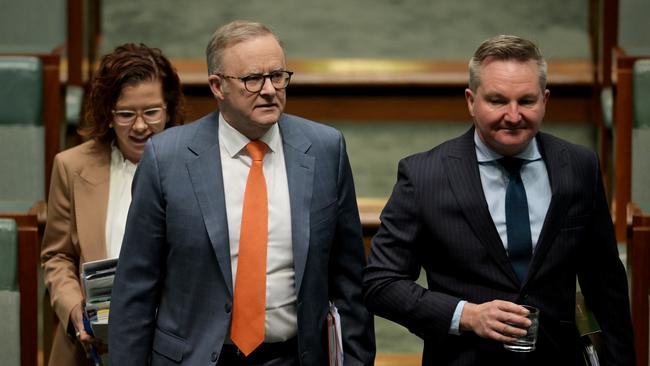
The major parties, which agree coal-fired power stations will be retired and gas will be the go-to baseload fuel, have run out of time.
How many gas reports, strategies, moratoriums, reviews, inquiries, threat notices, shortfalls and price spikes does it take to end the mind-numbing, hot-air rhetoric that has paralysed successive federal and state governments?
If there is one thing Australia has a lot of, it’s gas.
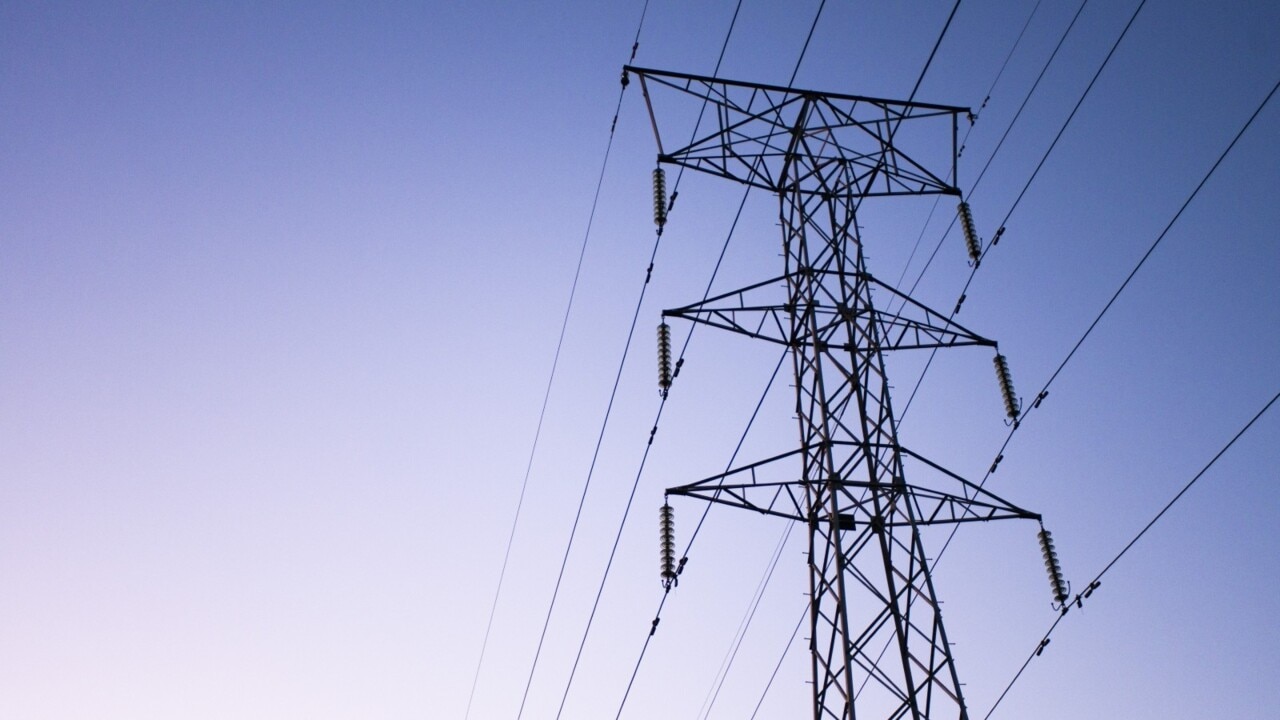
The obsession with renewables versus nuclear is not the main game. Australia faces a frightening short-to-medium-term energy reality unless there is drastic action to increase gas supply, upgrade pipelines and build peaking plants. In politics, blackouts and power bill shock near the top of the list of vote-killers.
If you ask households and businesses about whether energy subsidies have helped pay their bills, the answer will be No. The Albanese government, which inherited an east-coast energy market mess, is struggling to cut through because Australians are hurting.
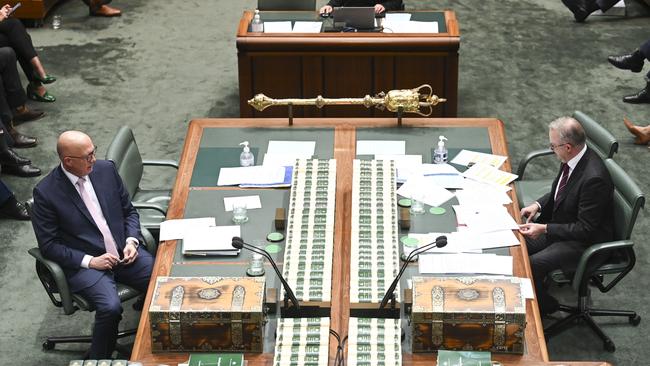
Anthony Albanese and Peter Dutton have promised bold gas visions. We are yet to see much detail of their gas plans outside Labor’s glossy Future Gas Strategy and the Coalition’s pledges to speed up approvals, unlock gas, reinstate the National Gas Infrastructure Plan and boost exploration and development in the Northern Territory and Western Australia.
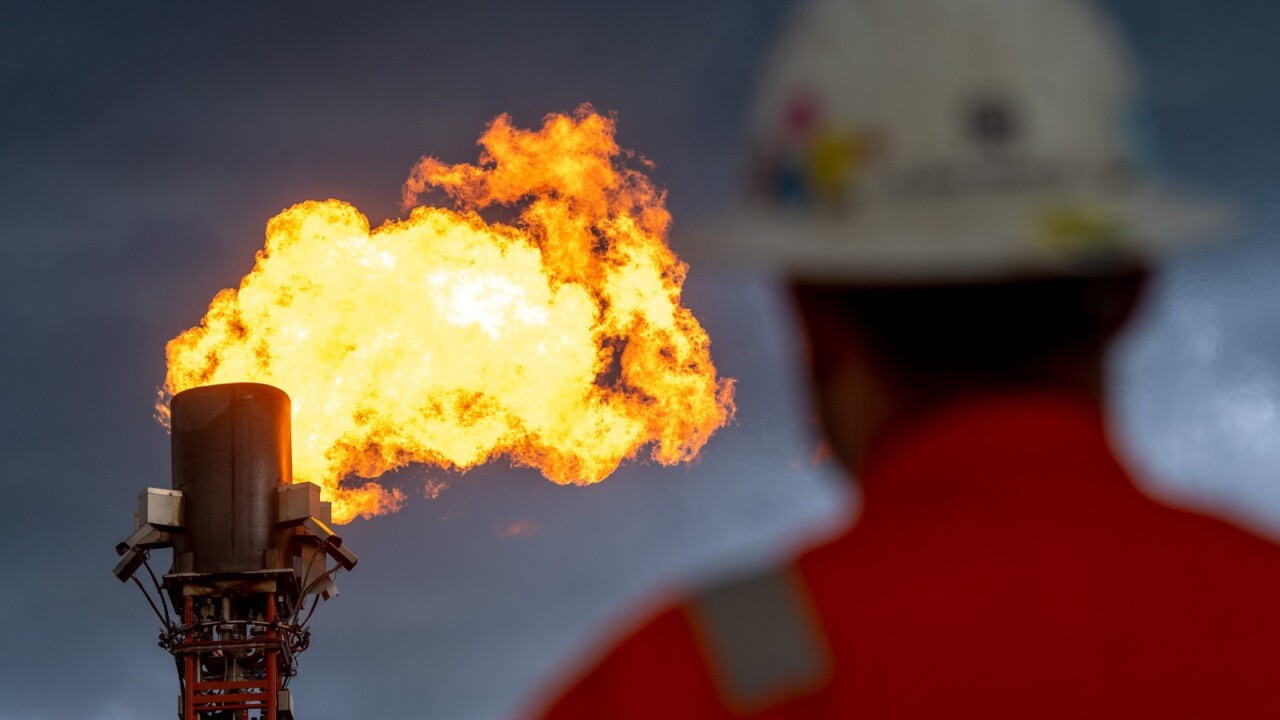
Under pressure from Labor comrades in Victoria, who previously imposed a moratorium on gas exploration despite the state’s depleting gas reserves, the government has favoured renewables and batteries over gas.
Even if the major parties accelerate gas projects to unlock supply and pipelines, approvals will take years and environmental groups will engage in costly green lawfare.
There’s not much point in a Future Made in Australia to “build things” if manufacturers and miners can’t access cheap, reliable power.



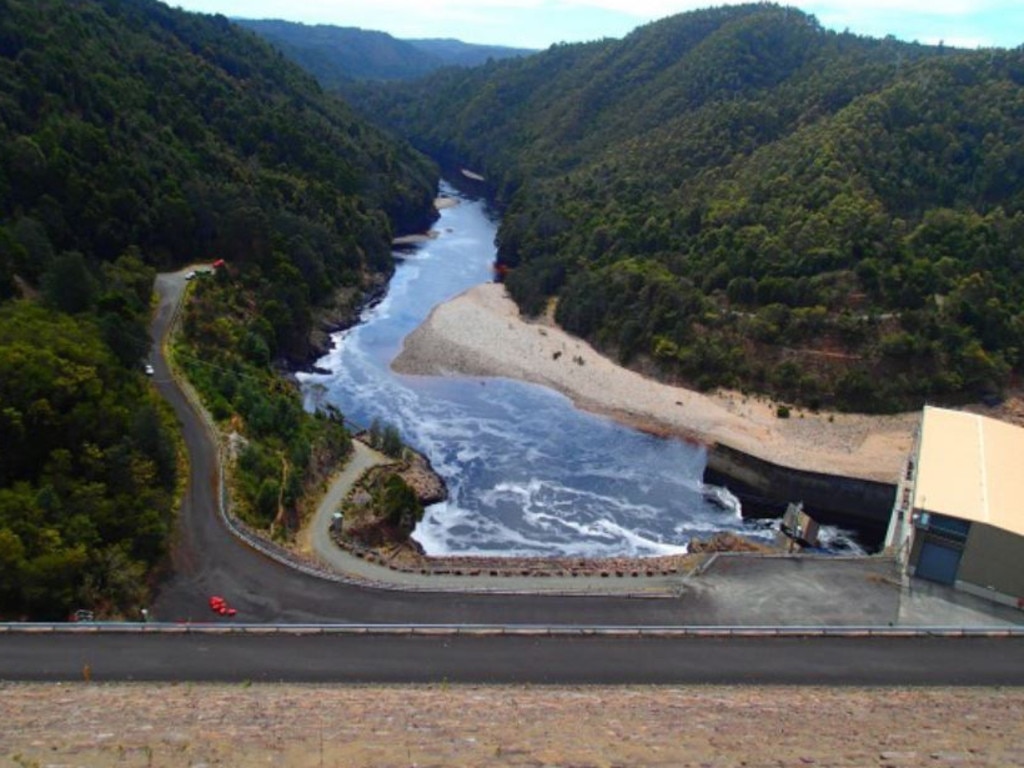


Australia has become a world leader in shooting itself in the foot. Despite an abundance of almost every resource that should make the lucky country an unbeatable powerhouse, Australians pay power bills at extortionary rates under constant threat the lights will soon go off.